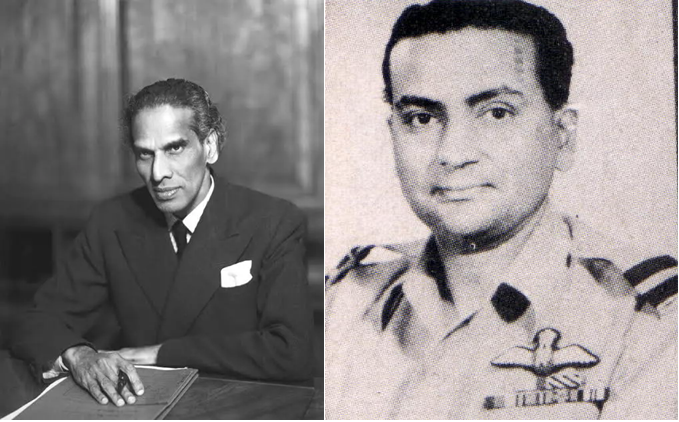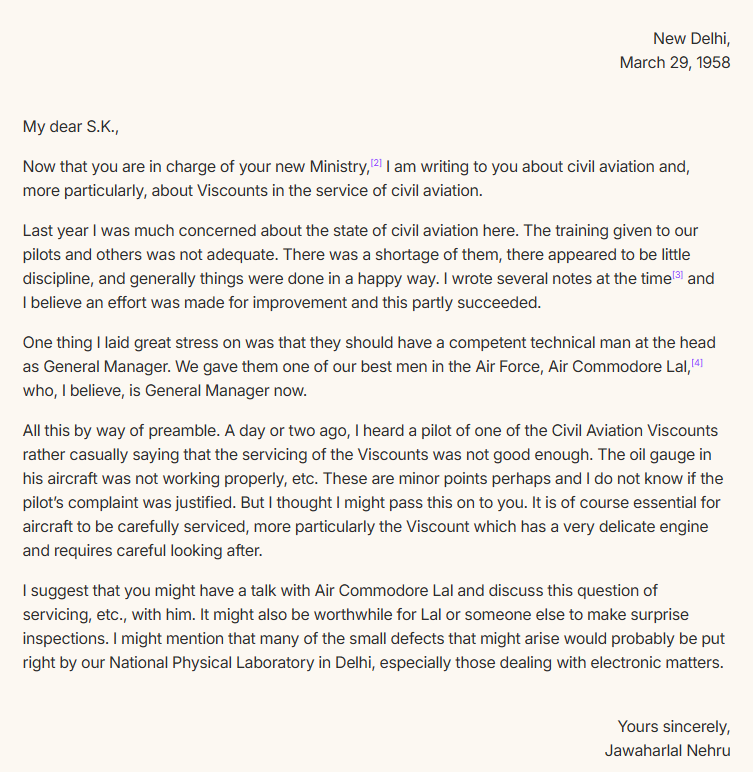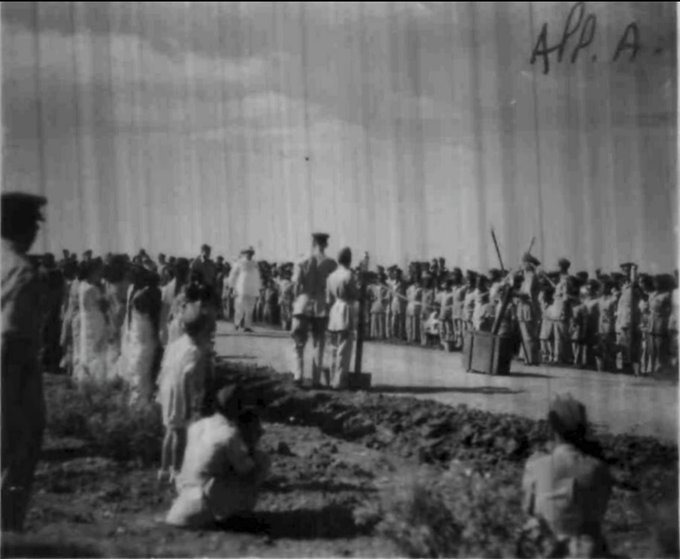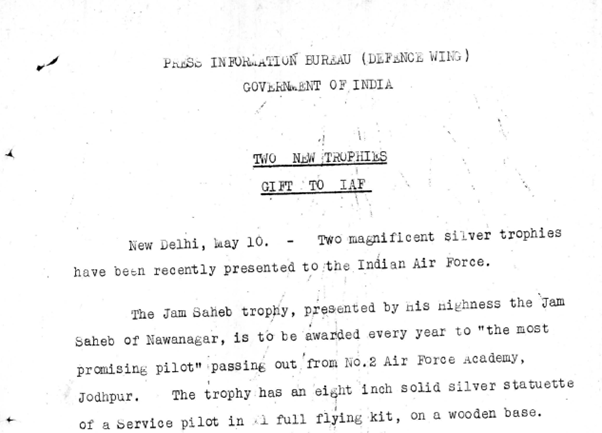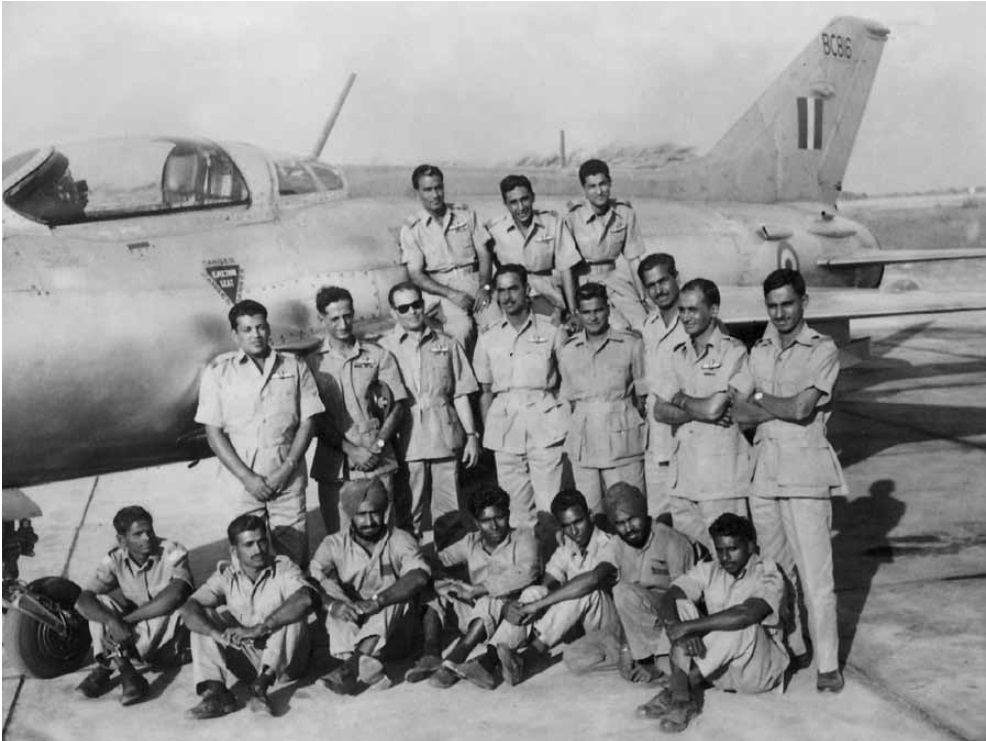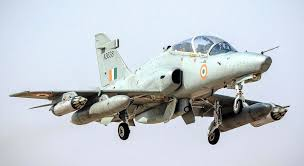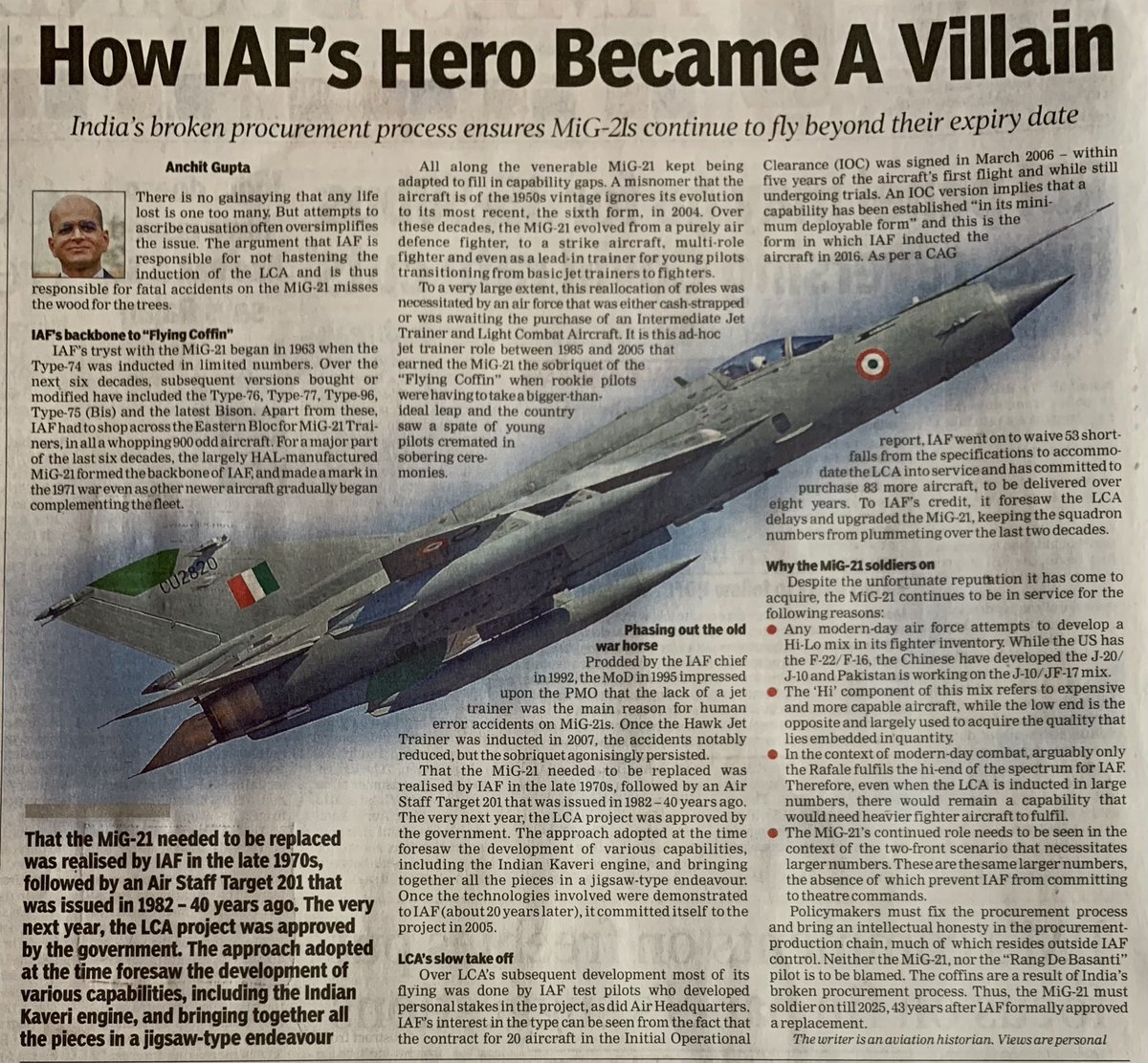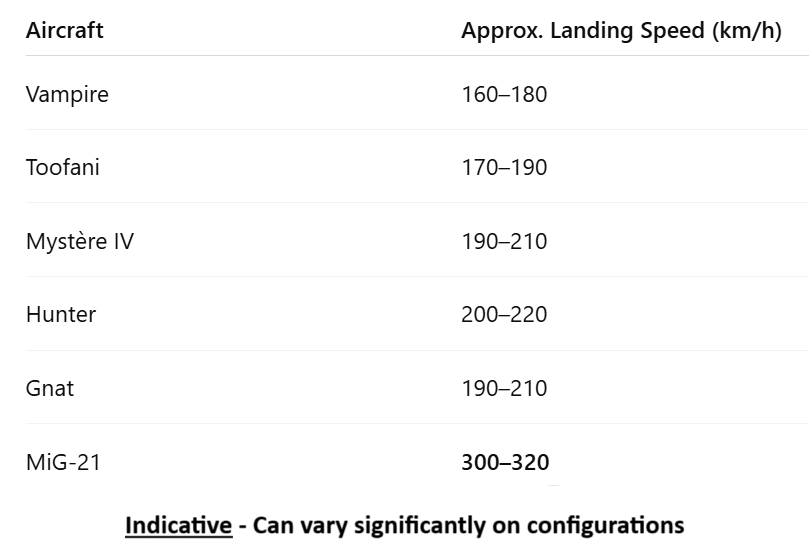On 5 Sep 60, @DefenceMinIndia VKK Menon made a lengthy stmt in Parliament. A Dakota ac of @IAF_MCC was shot down over Purr vill in Nagaland on 26 Aug. While the wreckage was located, the crew was missing. This is the story of the crew, released 21 months later. #IAFHistory (1/16) 

On 14 Aug 1960,Naga hostiles attacked the Assam Rifles post at Thuda(Phor/Purr vill). The monsoon was at its height & rivers were in full spate. The attack was launched after destroying bridges on all the rivers. As the attk contd, the AR's supplies & ammo began running out(2/16)
Two Dakotas, ex-Jorhat, likely 49 Sqn were assigned the task of dropping supplies at the post. Ac had to fly low, amidst small arms fire at them. One ac was able to drop water but neither was successful in helping replenish the post. Both had bullets holes (3/16) 

The 2nd ac HJ-233 had four crew - Flt Lt AS Singha (Pilot, 4679), Fg Offr RE Raphael (Co-pilot, 5660), Fg Offr CS Misra (Nav, 5455) and Sgt JC Chowdhury (Signaller) besides 5 ejection crew, who were Armymen. Its first drop was not on the mark due to the firing. (4/16)
During the 2nd run by HJ-233, both engines of the ac were hit & one cut-out. AS Singha managed to crash-land in a paddy field in Zathsu in mountainous terrain without serious injury to any of his crew. Surrounded and fired upon, the 4 crew and 5 passengers were captured. (5/16) 

An attempt was made by the IA to reach them by crossing the river separating the hostiles from the IA. It was ordered by the GOC 4 Div, Gen Misra & the Commissioner, ex Wg Cdr Rammuny. VKK Menon describes the attempt best which sadly cost lives. (6/16) 

On 3 Sep, troops finally reached the Dak,but the crew was missing. In 2-3 weeks five passengers were released by the Nagas. Over the entire approx two years, reconnaissance/SAR sorties were persistently flown unsuccessfully, by all sorts of ac (Daks/Otters/Mi-4s/Alouettes) (7/16)
This effort may have incl some sorties even by Vampire/Toofani of 101 & 4 Sqn - as heard by the Dak crew. In the best traditions of the IAF, fg ops were led by the AOC-in-C, EAC, AVM KL Sondhi who personally flew over the area. (8/16) 

Gavin Young of Observer, London, traveled to Nagaland & managed to interview the crew - "We sat together in the bamboo officers' mess of a Naga Home Guard camp, miles from the Indo-Burmese border. Smiling Nagas, In battledress, with rifles, Sten and Tommy-guns slung, (9/16) 

handed out tea and cigarettes. Singha and his fellow prisoners were bearded & thin but cheerful. They were keen to know the results of last year's Olympic Games. For months they had received no news of the outside world.”. CS Misra, reminisces - "During our captivity.. (10/16)
..of nearly 21 months, we used to hear low flying jets overhead from time to time. Our captors told us that 'Indians' were trying to hit isolated huts. They used to get scared and run into jungle but not before jamming logs into the narrow opening of our prison hut, (11/16) 

remarking that it would be a pity if IAF ac killed their own in captivity. They of course never went too far away keeping us under watch. Were these air raids on Nagas, perhaps not chronicled or could be mere figments of the imagination of that hoary past, one wonders?" (12/16)
All were finally released on 5 May 1962. They arrived in Rangoon on a Burmese Air Force plane. Each of them carried a stick as they landed. An IAF ac, fetched them from Rangoon to Delhi on 12th May 1962 afternoon, bringing to an end 617 days of captivity (13/16) 

An ex-Gooney Bird pilot adds - "I had an old b&w tiny aerial photo of HJ-233, absolutely intact, except for props & 1/2 a wing, on its belly, on a tiny plot of flat ground, next to a small stream, exceptional force landing with hardly any damage or injury to anyone." (14/16)
PURR is at 25°44'18.10''N and 94°46'26.44E. It’s now called Phor. Perhaps, plane spotters such as @dipalay could make an effort to locate the derelict (15/16) 

Incidentally, Flt Lt Anand Swaroop Singha, the pilot of HJ-233, is reputed to have been the brother-in-law of the famous Bollywood actor - Dev Anand. (16/16)
• • •
Missing some Tweet in this thread? You can try to
force a refresh


